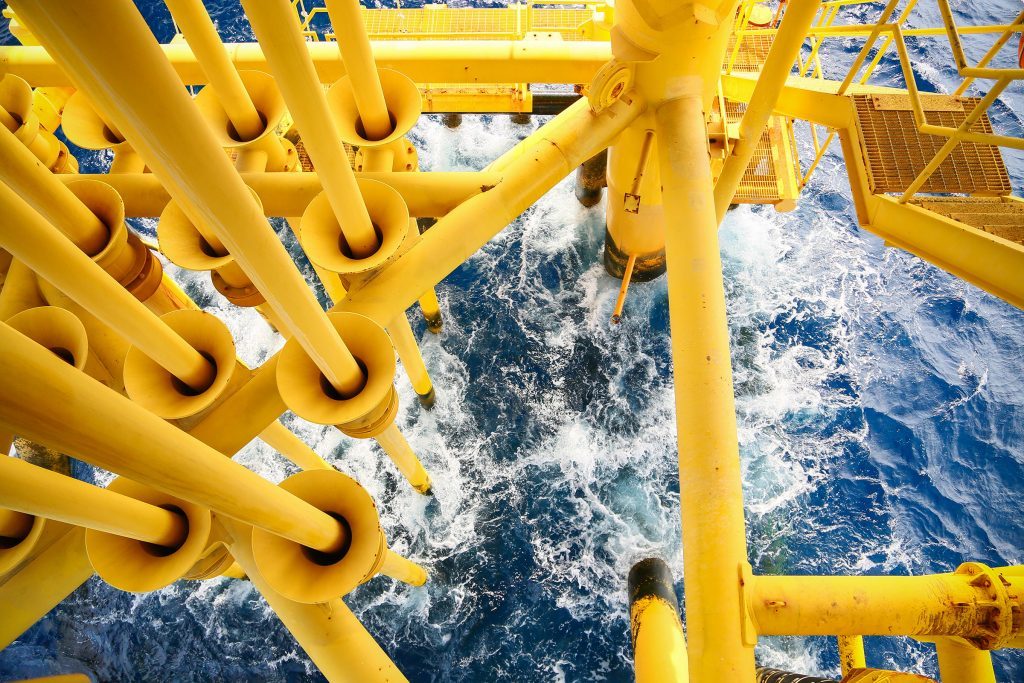
Oil rose toward $60 a barrel on expectations OPEC+ is committed to restraining global supplies even as the demand outlook improves.
Futures in London climbed for a sixth day as they close in on a level last reached in February 2020 before Covid-19 upended global energy markets. OPEC+ has pledged to keep draining a virus-driven surplus as inventories from China to the U.S. shrink. Saudi Arabia defied expectations for a reduction and left oil prices unchanged for Asia in another sign of market strength.
The most active Brent contract is up almost 8% this week, aided by a rally in stocks as earnings rebound and central banks remain supportive. Technical indicators suggest oil is due for a pullback, though. Relative strength indexes for Brent and West Texas Intermediate are at overbought levels.
Expectations for stronger oil demand are also buoying prices, with governments worldwide distributing Covid-19 vaccines. While a full-fledged recovery has yet to take shape, consumption is poised to return to 2019 levels by the end of the year, according to Citigroup Inc. Money is flooding back into the market, with holdings of WTI crude futures at their highest level since July 2018.
“Saudi Arabia’s defiance of market expectations for a small reduction in its Arab Light official selling prices confirms what we have been saying all along: that they are firmly bent on supporting market prices,” said Howie Lee, an economist at Oversea-Chinese Banking Corp. “There’s little to stop the ongoing commodity super-cycle at this moment.”
Prices
- Brent for April settlement climbed 0.6% to $59.20 a barrel on the ICE Futures Europe exchange as of 2:17 p.m. in Singapore
- WTI for March delivery rose 0.8% to $56.65 on the New York Mercantile Exchange and is up 8.5% this week
- Crude futures added 0.3% to 358.5 yuan a barrel on the Shanghai International Energy Exchange and are up around 7% this week
The oil futures curve is reflecting the investor confidence. Brent’s prompt timespread is 29 cents a barrel in backwardation, a bullish structure where near-dated prices are more expensive than later-dated ones.
Saudi Aramco left its Asian pricing for March at the highest levels since at least September, it said in a statement, after a key OPEC+ committee expressed confidence that crude supply and demand are re-balancing. The state-owned producer raised prices for U.S. and European customers.
Other oil-market news
- The wreckage of 2020 still looms large in the boardrooms of Big Oil as executives this week laid out deep spending cuts and plans to repay stubbornly-high debt even as crude rallies.
- The oil-rich Canadian province that was hit hard by Joe Biden’s move to kill the Keystone XL pipeline is considering seeking compensation from the U.S. through an old free-trade rule that’s still in place.
- A Nigerian judge issued an arrest warrant for the managing director of Exxon Mobil Corp.’s local unit for not appearing before the nation’s anti-graft agency that’s investigating what it says is a $213 million fraud.
Recommended for you
